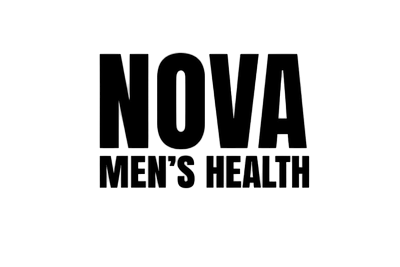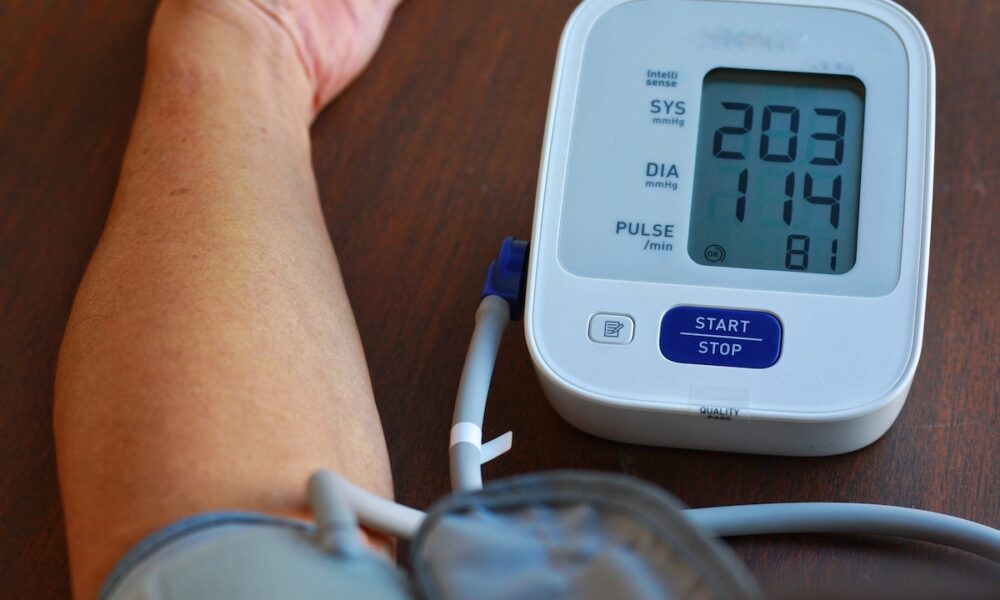Yes, Testosterone Replacement Therapy (TRT) can raise blood pressure in some men, especially if the treatment increases red blood cell count or causes fluid retention. However, in others—particularly those with metabolic issues or obesity—TRT may have a neutral or even beneficial effect on blood pressure. The impact depends on your dosage, health condition, and how your body responds to the therapy.
How TRT Affects Blood Pressure
Testosterone plays a role in blood vessel health, fluid balance, and red blood cell production—all of which influence blood pressure. Here’s how TRT may impact these areas:
1. Increased Red Blood Cell Production (Polycythemia)
TRT can stimulate red blood cell production, which may cause your blood to become thicker—a condition known as polycythemia. Thicker blood puts more pressure on your heart and blood vessels, which can raise blood pressure over time.
2. Fluid and Sodium Retention
Some men experience mild fluid retention while on TRT. This increases blood volume, which can lead to higher blood pressure—especially in those on high doses or with existing cardiovascular issues.
3. Activation of the Renin-Angiotensin System (RAAS)
Testosterone may affect the RAAS system, which controls blood vessel constriction. In some men, this can lead to vasoconstriction (narrowing of blood vessels), increasing blood pressure.
4. Body Composition Changes
TRT helps reduce fat and build muscle, which can improve blood pressure in overweight men. However, sudden changes in weight or lean mass may place additional stress on the cardiovascular system in some cases.
Does TRT Always Raise Blood Pressure?
No, not always.
TRT does not automatically cause high blood pressure. In fact, some studies show a blood pressure-lowering effect, especially in obese men or those with insulin resistance. Testosterone can support vasodilation—the widening of blood vessels—which may reduce blood pressure in certain individuals.
Who Is More at Risk?
You may be at a higher risk of TRT-related high blood pressure if you:
-
Already have high blood pressure or heart disease
-
Are over 50 years old
-
Take high doses of testosterone
-
Develop polycythemia (high hematocrit levels) on TRT
How to Manage Blood Pressure While on TRT
At Nova Men’s Health, we take proactive steps to ensure your TRT treatment is safe:
-
Monitor Blood Pressure regularly throughout treatment
-
Track Hematocrit Levels with blood tests
-
Stay Hydrated to avoid blood thickening
-
Adjust TRT Dose or Delivery Method (e.g., switch from injections to gels if needed)
-
Exercise & Eat Well to support heart health
-
Consider Therapeutic Phlebotomy if blood becomes too thick (via blood donation)
TRT and Blood Pressure
TRT can contribute to high blood pressure in some men, mainly through increased red blood cell count and fluid retention. But it doesn’t happen to everyone, and in some cases, testosterone may improve heart and metabolic health. With regular checkups, lifestyle support, and expert guidance from Nova Men’s Health, you can safely manage these risks and enjoy the full benefits of TRT.

